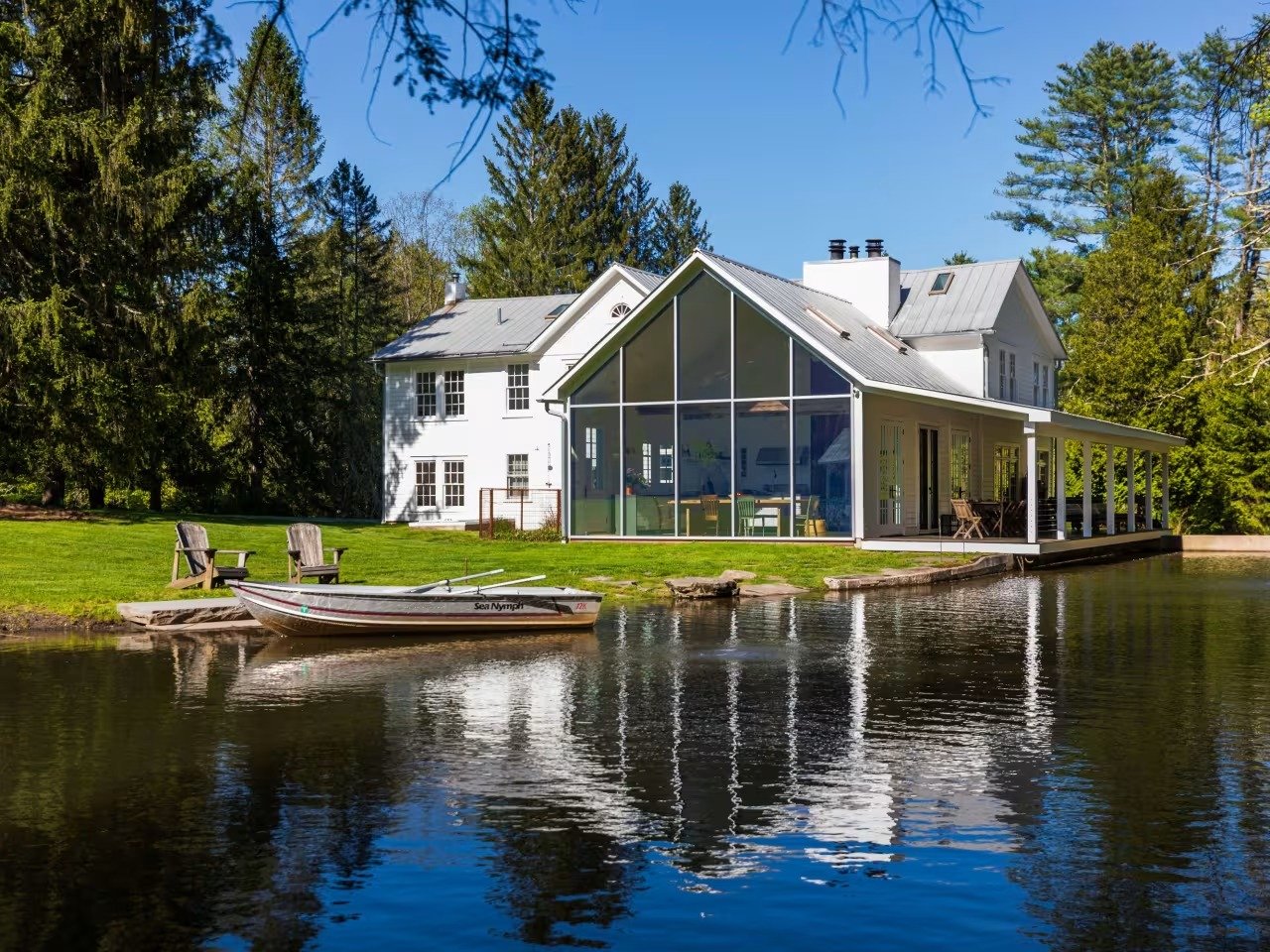New York City, known for its skyscrapers and bustling streets, may be on the brink of embracing a new trend in housing: floating homes. As urban space becomes increasingly scarce and the drive for innovative living solutions grows, the idea of homes that float on the city’s waterways is gaining traction. This trend not only offers a unique lifestyle but also challenges conventional real estate norms, something that anyone from a real estate school in New York is watching closely.
The Appeal of Floating Homes in NYC
Floating homes present a novel solution to New York City’s ongoing housing shortage and sky-high real estate prices. By utilizing the waterways, these homes offer a way to expand residential areas without the need for more land, a resource that is exceedingly rare in such a densely populated area. Moreover, floating homes can provide stunning water views and a sense of tranquility that is hard to find in the crowded urban landscape, making them highly desirable.
Design and Sustainability
One of the most striking aspects of floating homes is their potential for sustainable living. Many of these homes are designed with eco-friendly materials and incorporate renewable energy sources such as solar panels and wind turbines. Additionally, they often feature systems for rainwater harvesting and greywater recycling, which minimize their environmental impact. This focus on sustainability is not only attractive to environmentally conscious individuals but is also in line with New York City’s broader environmental goals.
Legal and Regulatory Challenges
The path to floating homes in NYC is not without its challenges. Zoning laws, water rights, and building codes must all be navigated carefully. For those studying in a real estate school in New York, these homes represent a complex case study in urban planning and law. Real estate agents specializing in this niche must be well-versed in local regulations and capable of guiding clients through the potentially complicated buying process. This is where rigorous training, such as a 77 hour real estate course, becomes invaluable.
Lifestyle and Community
Floating homes create unique living situations that foster close-knit communities. These homes often are located in marinas or specially designed docks that include communal spaces and shared amenities. The lifestyle is akin to living in a tight-knit neighborhood, albeit on the water. For New Yorkers craving a sense of community, floating homes can offer a social environment that traditional apartments might not.
Market Trends and Investment Potential
As an emerging trend, floating homes in NYC present intriguing investment opportunities. The novelty of floating homes, coupled with their limited availability, could lead to significant appreciation in property values. For investors and real estate professionals educated at a real estate school in New York, understanding this market could be key to tapping into its potential early on. However, like any investment, it comes with risks, notably from the physical wear and tear unique to waterborne properties and the evolving regulatory landscape.
Challenges of Living on the Water
Living on the water is not without its challenges. Issues such as moisture and water damage can be more prevalent in floating homes compared to traditional homes. Additionally, residents may need to adjust to the physical movement of their home, especially during storms or high winds, which can be a significant shift for those accustomed to static, land-based living.
The Future of Floating Homes in NYC
As New York City continues to explore sustainable and innovative housing solutions, floating homes are poised to play a significant role. Whether they become a widespread phenomenon or remain a niche market could depend largely on future urban planning decisions and the public’s acceptance of alternative living spaces.
For real estate professionals, staying informed through advanced courses like a 77 hour real estate course and keeping an eye on urban development trends is crucial. As the city evolves, so too does the landscape of opportunity within its real estate market.
The concept of floating homes in NYC is an exciting testament to the city’s innovative spirit. As they become more integrated into the fabric of city living, they offer a promising solution to urban housing challenges and a potential boon for savvy real estate professionals and investors.
